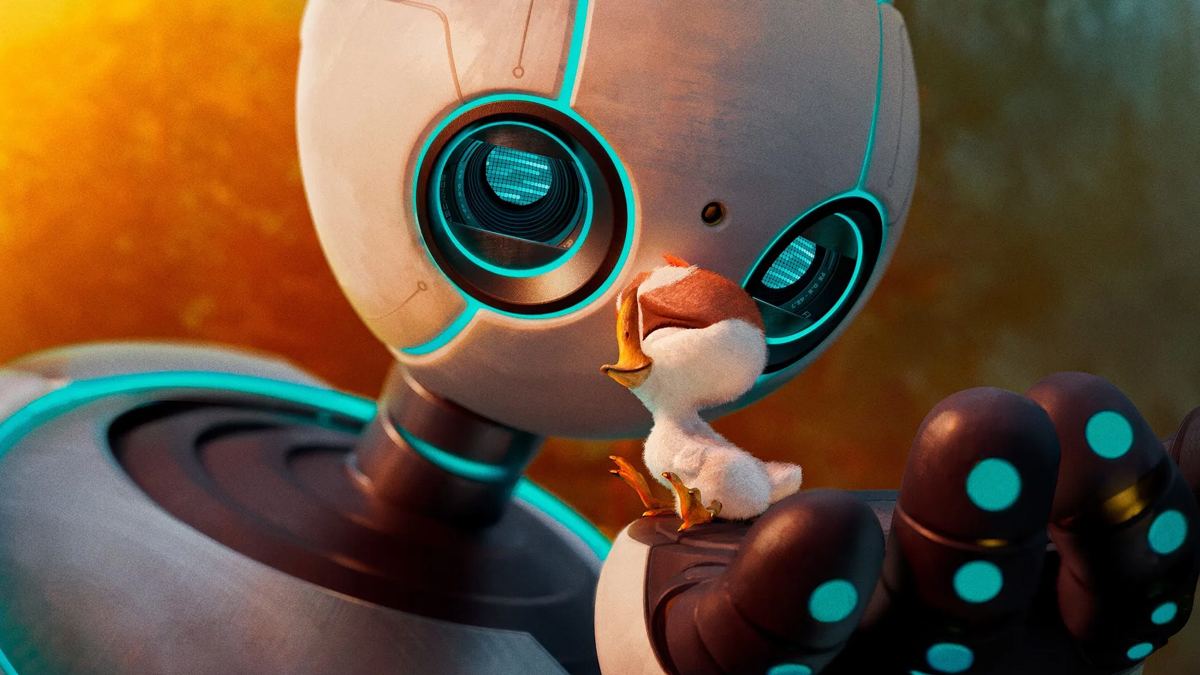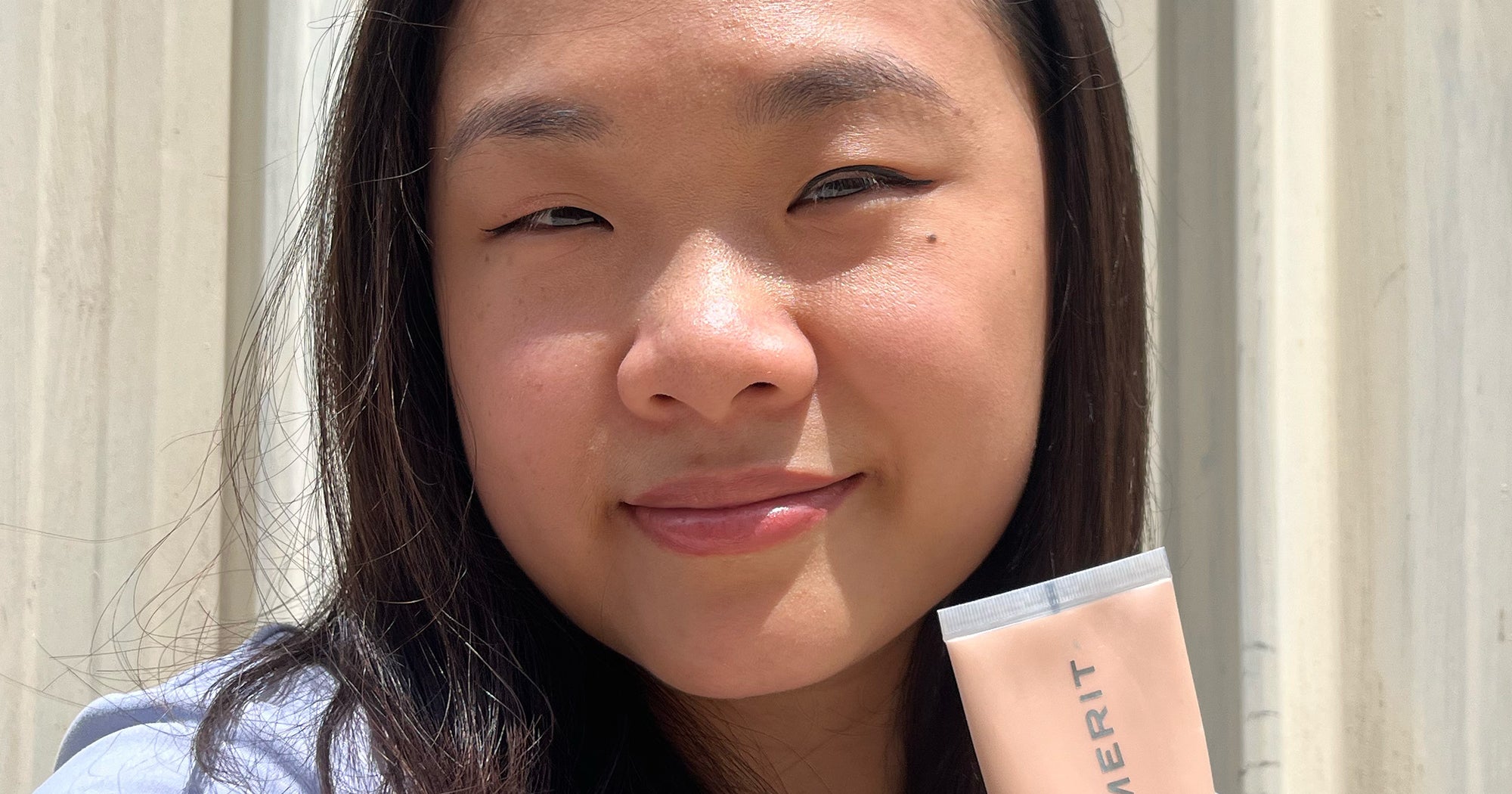John Green, widely known as a YouTube star and a young-adult novelist, in New York, March 18.CALLA KESSLER/The New York Times News Service
When John Green titled his new book Everything Is Tuberculosis, he was only half-kidding.
After reading this slim volume on “the history and persistence of our deadliest infection,” you might find yourself, for example, thinking of it while doing your makeup, the blush you’re applying now inextricably linked to the way women in the 19th century aimed to emulate the fashionable pale skin and “consumptive flush” of those suffering a disease as romanticized (think Keats et al) as it was deadly.
Books we’re reading and loving this week: Globe readers share their picks
Or when you hear a Beatles song and remember that Ringo Starr only learned to play the drums because it was prescribed as a way to improve his motor function while he was in a sanatorium recovering from the disease.
“It’s weird, man. Once you start to notice it, you notice it everywhere,” says Green, whose own obsessive interest in it started when he visited a tuberculosis hospital in Sierra Leone in 2019, and met a young man, Henry Reider, living with the disease. Reider’s story is the narrative thread that holds together this disease’s past and its very active (despite what we in the West might believe) present in the book. “When I started writing about TB, I found it everywhere – geography, history, literature.”
Tuberculosis is not, as Green points in an interview over the phone from his home in Indiana, a quaint oddity consigned to our past.
It is a disease, after all, that the World Health Organization estimates sickens 10 million people each year, and kills around 1.25 million annually. “Each of those deaths is needless,” he says. “It’s a failure of a human built system.”
And yes, this is that John Green, the American YA author best known for beloved bestsellers-turned-movie-blockbusters like The Fault in Our Stars and Paper Towns. This latest book, a tremendously readable bit of social history meets present-day science wrapped in a compelling call to action to combat global health inequity, is the second step in a pivot to non-fiction that started with 2021’s The Anthropocene Reviewed, a best-selling collection of essays wherein Green reflects on our human-centred planet.
The Globe spoke with him about his shift to non-fiction and whether he’ll ever write novels again.
Did you have any trepidation about wading into the fray with a book like this?
The great blessing of the success of my previous books – The Fault in Our Stars and Paper Towns – is that it allows me the freedom to follow my passion in writing. I knew that it was a very different kind of book, and I knew that I was asking a lot of my readership to follow me on this journey. But, I also knew that my readers have traditionally been extraordinarily generous with my work.
Is this for the same readers as The Fault in Our Stars or Paper Towns? Or is it for a different group of people who might never read YA?
Ideally, it’s for both. I’m still writing about smart teenagers who write poetry, I’m just now writing about a smart teenager who writes poetry and is living with tuberculosis and is a real person.
Something I appreciated is that you make it so clear that you’re telling Henry’s story not just with his consent, but with his enthusiastic endorsement.
In the end, I only felt comfortable telling Henry‘s story because he asked me to. He asked me to amplify his and his mother’s voices. When I started writing about Henry, I was writing not with publication in mind but because writing is how I think, how I organize my thoughts and understand how I actually feel about something. I remember the first time I told Henry I thought I might be writing a book and asked him how he felt about that. He was really excited about that prospect. I also feel an appropriate intimidation of telling a story that’s distant from my own.
That feels like a good way to take ourselves all the way back to the beginning in the early 2000s, when you were first published …
… when I wasn’t creating very much distance between myself and the story. [laughs]
Was your first published novel, Looking For Alaska, the first novel you actually wrote?
Looking for Alaska was the first novel-length story I ever finished. It wasn’t the first one I ever attempted. It was definitely not a best-seller. I think it hit the best-seller list eight years after it came out.
When that first novel wasn’t a bestseller, can you remember how you felt?
I worked at a book review journal called Booklist, and every two weeks it reviews about 400 books. I was a reviewer there, and I reviewed so many great books that made no splash whatsoever. I had very realistic expectations going into Looking For Alaska. My goal was that it do well enough in hardcover that it justified a paperback edition. I actually remember reading my book contract, and it was like, ‘If the rights are published in Denmark, you’ll get this percentage.’ I was like, well that’s not going to be a consideration. Of course, I was wrong and it did make its way to Denmark. If I’d known the potential size of the audience for Looking For Alaska, I probably would have written a different book – and probably would have written a worse book. Part of the magic of that book was that I didn’t know what I didn’t know.
The Fault in Our Stars was the big breakthrough, the moment everything changed. You had a bunch of books in between then. Can we talk about that period?
I thought I was doing great. I was scratching together a living between advances, royalties and visiting schools. Back then my books were pretty popular in the Netherlands and Germany, and I’d visit there once a year or so. I remember the first time I met my best friend when we moved to Indianapolis, and he said, ‘What do you do?’ I said, ‘I’m a writer, I write books for teenagers.’ And he said, ‘Well, what do you do for money?’
The Netherlands and Germany! Do you have any idea why you have a fanbase in those specific countries?
I think I have great translators. I know I have a great German translator because every time I go to Germany they compare me to all these super fancy, famous writers, and I’m like, ‘Sophie Zeitz must be amazing.’
In your author’s note for this new book, you talk about how The Fault in Our Stars “strangely” became a best-seller. Why that adjective for that experience?
I thought it would be my least successful book. It’s so sad, for lack of a better term, that it would have a pretty limited audience. Within a few days of publication, I knew it was going to be very different from my other books.
Did that concern you?
To be honest, it was quite overwhelming. I liked my life. It was overwhelming in a wonderful way, and afforded me all kinds of freedom I couldn’t have imagined. I remember getting back from the book tour and being with my family and calling my agent and saying, ‘When does this end?’ And she told me, ‘You’re on a train and you don’t decide when it stops.’
What was the most taxing part of that train ride?
The movie, for sure. Promoting the movie, doing press junkets. People bring their deepest selves to that book, and that is the best thing an author could ask for, for somebody to be so generous as to bring their deepest self to a story. That means a lot of opportunities to listen closely to people share their hardest days with you. It really is a blessing. It’s also something I had to learn about.
Next up in the chronology is Turtles All the Way Down. How do you think about that book?
It was a long five years trying to write that book. I did feel like I was following up The Fault in Our Stars, like there was going to be all this attention on me. My initial reaction was just not to write. That was probably the hardest writing period of my life so far. I kept trying to start things and then they wouldn’t work. I kept thinking I was onto something and then I wasn’t. Turtles was hard not so much because I was following up The Fault in Our Stars, but because I was writing about living with OCD, which I was also living with.
It was a very personal book, in that sense. It was another book where people have been incredibly generous. A generous reader can make a good book an excellent book – and an ungenerous reader can make a good book terrible, as I did when I first read The Great Gatsby in high school.
Then the pivot, the swerve, the straight line to non-fiction …
That was a pivot. It was a conscious decision, because especially after Turtles All the Way Down, I just didn’t know how to write fiction anymore. I started writing to write as myself, trying to decide what my voice sounds like independent of these fictional voices that I’ve tried to capture. That isn’t a permanent decision. It’s just how I responded to the experiences of my life. I’m really grateful that I ended up writing non-fiction, but I miss writing novels. I want to write them again.
This interview has been edited and condensed.















